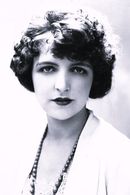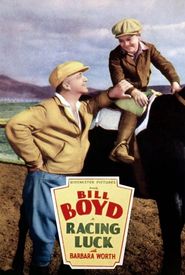Barbara Worth, a talented actress and screenwriter, was born Verna Louise Dooley in Columbus, Ohio. Her family relocated to Charleston, South Carolina, when she was just a baby, and later to Arkansas. As a young woman, Barbara made the bold decision to leave home and pursue her dreams of becoming an actress in Los Angeles. In 1922, she arrived in the City of Angels and began working as an extra in silent films.
Over the next several years, Barbara honed her craft, eventually landing a contract with Universal Studios in 1926. The studio showcased her stunning physical appearance, promoting her as the "girl with the best figure in Hollywood." She went on to star in numerous westerns, including "The Prairie King," "Plunging Hoofs," and "Fast and Furious" alongside Reginald Denny.
Despite her success, Barbara's roles were primarily in B-films, and she never achieved major stardom. After leaving Universal in 1929, she took a two-year hiatus from acting. In 1931, she attempted to launch her own production company, but unfortunately, she was unable to secure the necessary funding.
Barbara's acting career continued with appearances in low-budget films such as "Lightnin' Smith Returns" and "Valley of Badmen." Her final movie was the 1935 drama "Racing Luck" alongside William Boyd. In 1944, she divorced her first husband, Tamar Lane, and married producer Maurice Conn. This marked the beginning of a new chapter in her life, as she transitioned from acting to screenwriting.
Barbara and Maurice co-wrote three films, including the 1947 drama "Dragnet." The couple settled in Santa Monica in 1951, where they lived together until her untimely death. As Barbara grew older, she struggled with depression, which ultimately led to her tragic passing on February 15, 1955. She was just forty-nine years old.
Barbara Worth was cremated and buried at Valhalla Memorial Park in North Hollywood, California. Despite the challenges she faced throughout her life, Barbara's legacy as a talented actress and screenwriter continues to inspire and entertain audiences to this day.























